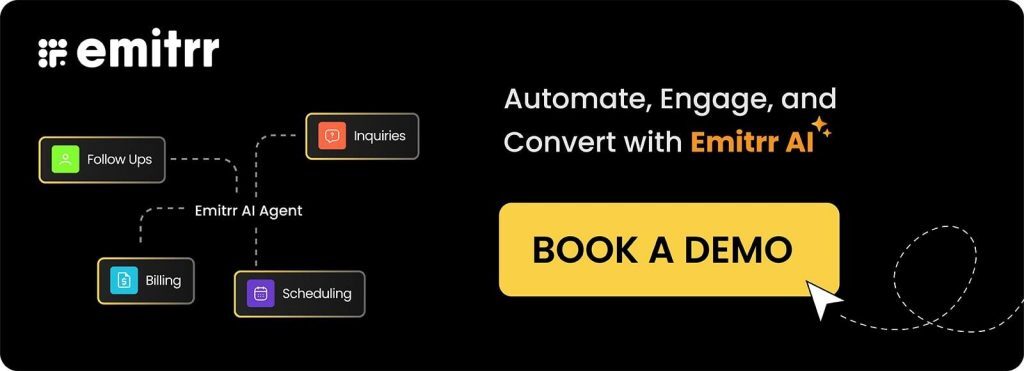Authorization To Disclose Protected Health Information Form
What Is Authorization To Disclose Protected Health Information Form?
This authorization to disclose protected health information form ensures that patient privacy is respected while allowing necessary information sharing for optimal care and treatment decisions. Understanding this form is key to fostering trust and compliance. Practices can streamline management using tools like healthcare appointment reminders or healthcare scheduling software.
Purpose Of The Authorization To Disclose Protected Health Information Form
The authorization to use or disclose protected health information form serves as a vital tool in clinical practice, facilitating communication between healthcare providers. It allows practitioners to share essential medical information with specialists or other authorized parties, enhancing patient care and ensuring timely treatment. For patients, the authorization to use and disclose protected health information form provides peace of mind, ensuring health information is shared securely and responsibly. Completing this form also helps practices maintain trust and compliance, especially when integrated with solutions like AI for healthcare professionals or a virtual assistant for healthcare to streamline workflows and patient communication.
Key Components Of The Authorization To Disclose Protected Health Information Form
The fields included in this form are essential for ensuring clarity and compliance. Each component plays a significant role in capturing necessary information and facilitating communication.
- Owner’s Name: Identifies the individual providing authorization.
- Pet’s Name: Specifies the pet whose information will be disclosed.
- Contact Information: Captures the owner’s phone number and email for communication.
- Purpose of Disclosure: Defines why the information is being shared.
- Authorized Recipients: Lists the individuals or organizations receiving the information.
- Date of Authorization: Indicates when the authorization is effective.
- Expiration Date: Specifies how long the authorization remains valid.
- Signature: Confirms the owner’s consent for disclosure.
- Witness Signature: Provides additional verification of the authorization.
- Revocation Clause: Outlines how the owner can withdraw consent.
Digitize Your Medical Forms With Emitrr
Emitrr transforms the way medical forms are handled, replacing cumbersome paper processes with efficient digital solutions. By digitizing forms, practices can significantly reduce manual effort, streamline workflows, and minimize errors associated with paperwork.
With features like SMS forms, practitioners can send forms directly to patients’ phones, making it easy for them to complete and return forms before visits. This not only saves time but also enhances the patient experience, supported by tools like AI SMS agent for healthcare and healthcare texting for secure two-way communication.
Emitrr’s integrations with existing systems ensure a seamless transition to digital forms, improving overall communication within the practice. Automated reminders and smart notifications help keep patients informed and engaged, reducing no-shows and enhancing practice efficiency. Practices can also use virtual assistants and healthcare call center software to manage patient interactions efficiently.
Compliance is a breeze with Emitrr, as the platform adheres to industry standards for data protection and confidentiality. This reassurance helps build trust between healthcare providers and their clients.
By improving communication and reducing the reliance on paper, Emitrr helps veterinary and medical practices focus more on patient care rather than administrative tasks.
FAQs
The authorization to disclose protected health information form is used to obtain consent for sharing a patient’s or pet’s health information with authorized individuals or organizations.
The authorization to use or disclose protected health information form must be completed by the patient or pet owner to allow healthcare providers to share information legally.
Yes, the authorization to use and disclose protected health information form can be revoked at any time by providing written notice to the healthcare provider.
Without a completed form, healthcare providers may be unable to share important information, potentially delaying treatment or affecting care decisions.
Most practices do not charge for completing this form, but it’s recommended to confirm with your healthcare provider.
The form remains valid until the expiration date specified or until it is revoked by the patient or pet owner.
Still Using Paperforms?
Check out what Emitrr's digital forms can do for you! Reduce wait times, ensure compliance, and boost the efficiency of your medical practice with digital forms. Watch the video to know how!

 4.9 (400+
reviews)
4.9 (400+
reviews)
